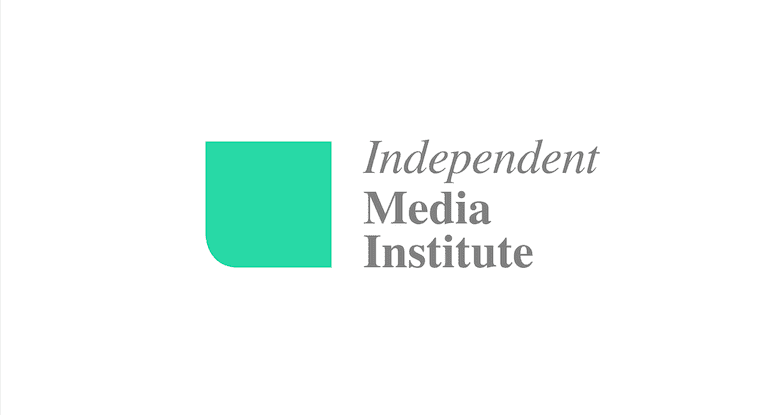When leadership and institutions hit the rock bottom of depravity and incompetence, the upside is that there is ample room to improve and make the long-overdue systemic shifts that the society needs. There is a golden opportunity to review the policies of the past decades and put our future on a better footing, and I’m pleased to share that various projects of IMI have seized on it.
Of the many elements that produced a near coup and total subversion of the American political system, the need for a strengthened education system comes near the top—total ignorance of our civic system was required for tens of millions of people to believe the lies fed to them through right-wing digital media and television. Our Schools’ Jeff Bryant writes, “Due to the disruption forced by the pandemic, much is being written and said about the need to ‘restart and reinvent’ education and a newfound appreciation for schools as essential infrastructure for families and children. With an incoming Biden administration, Democratic majorities in both chambers of Congress, and the influence of incoming first lady Jill Biden, a career educator, we may be on the cusp of a historic moment when the stars align to revitalize public schools in a way that hasn’t happened in a generation.”
On the diplomatic front, there have been a range of questions about whether we will see more disastrous interventionist policies in the name of American exceptionalism with Joe Biden, perhaps the leading Democratic cheerleader of the invasion of Iraq in the Bush administration and an enthusiast of the destabilizing policies in Libya in the Obama years—a period in which the expansion of clandestine warfare through the CIA and other agencies expanded. Globetrotter’s M.K. Bhadrakumar argues that Biden’s pick of William Burns is an optimal choice, noting that “in the CIA’s 73-year history, this will be the first time that the agency is led by a career diplomat.” He writes:
“Burns disavows the so-called ‘militarization’ of foreign policy. When asked about it in an interview with the Foreign Service Journal, Burns said that ‘time and time again, we’ve seen how over-reliance on military tools can lead us into policy quicksand.
“‘Time and time again, we’ve fallen into the trap of overusing—or prematurely using—force. That comes at much greater cost in American blood and treasure, and tends to make diplomacy a distorted and under-resourced afterthought.’”
This thinking is in sync with a deeper wisdom revealed by Local Peace Economy’s April Short, whose interview with historical anthropologist R. Brian Ferguson forces the reader to consider the possibility that war itself is not innate in human nature. “It’s important for people to see that a world without war is a realistic possibility. Maybe not now, but a world without war is something we can aspire to realistically, and work toward. If you think that’s something that can never happen, well that fatalism is one of the main props that is keeping war going. It’s good to break out of that mindset,” Ferguson says.
On the environmental front, there is practically an infinite portfolio of opportunities to improve on the behavior and attitudes of U.S. society, and the range of government policies. While it’s clear there that there will be a shift on emissions to mitigate climate change from the Biden administration, that’s to be taken for granted—and it’s just one of the many areas of need to have an equilibrium approach with the demands of nature. Water is another core ingredient: Katy Neusteter writes for Earth | Food | Life that water systems in the U.S. are in desperate need of a $50 billion overhaul, which “would allow for the replacement and maintenance of sewers, stormwater infrastructure and water supply facilities.”
I hope the experiences of recent years will drive you to join and support IMI as we push ahead on these various issues. We got a dangerous taste of how bad it can get, and what the consequences of lies and propaganda are. Even without Trump’s attack on the truth, the media that the public consumes is nowhere near adequate to address our challenges.
There is so much work to be done.
Please join our cause to produce media that can change the world.
Thanks from Jan Ritch-Frel and the rest of the IMI team.
